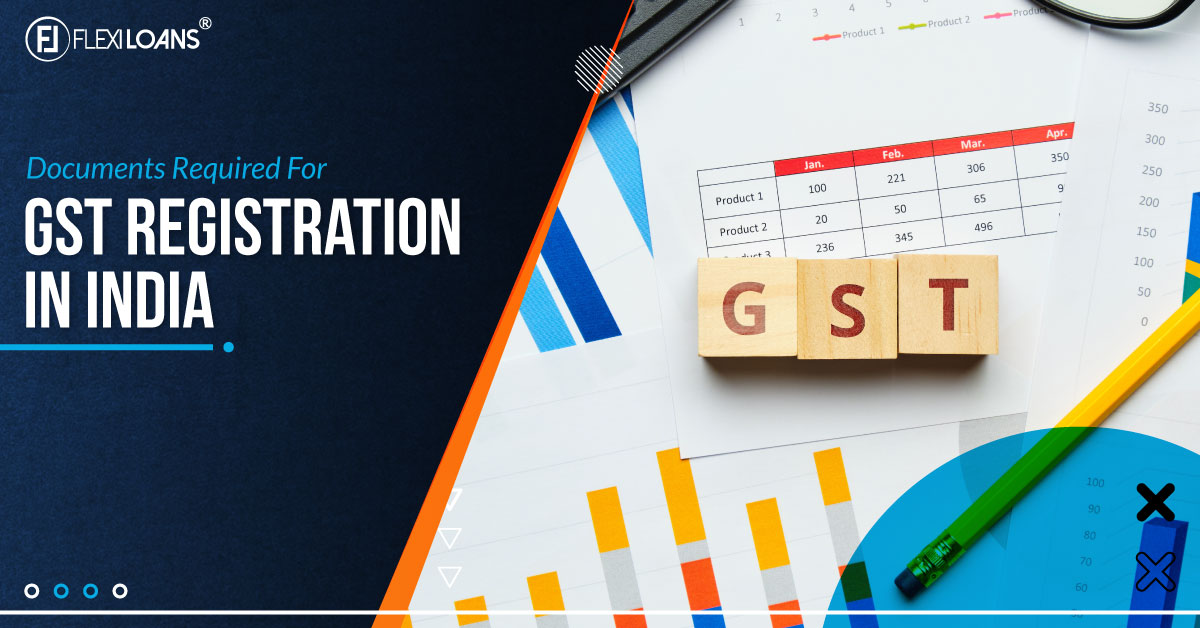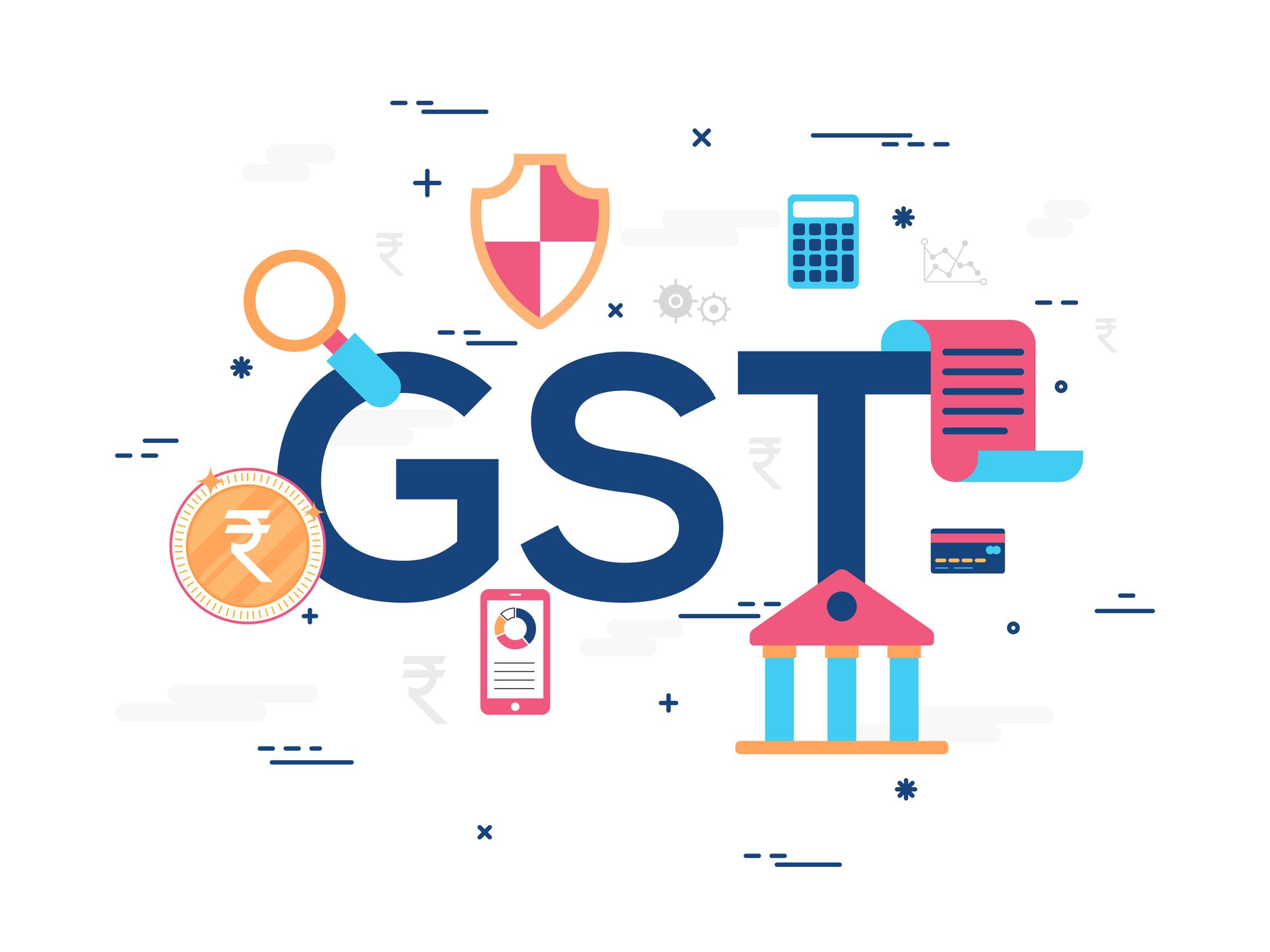Essential Guide to Singapore GST Registration for New Businesses
Essential Guide to Singapore GST Registration for New Businesses
Blog Article
Navigating the Complexities of GST Enrollment: Professional Tips and Finest Practices for Easier Conformity
From understanding enrollment needs to using technical tools for streamlined processes, the trip in the direction of smoother GST conformity is complex and nuanced. Keep tuned to discover necessary techniques and understandings that can help companies guide via the complexities of GST enrollment with skill and self-confidence.
Comprehending GST Registration Requirements

Along with turn over limits, companies taking part in interstate sales or giving taxed solutions may additionally be needed to register for GST, even if their turn over is below the suggested restriction (Singapore GST Registration). Recognizing these limits and requirements is necessary to prevent penalties and make certain smooth operations within the legal framework
Furthermore, businesses have to gather and prepare the required documentation, such as evidence of identification, address, company consolidation, and checking account information, before launching the GST registration process. Falling short to offer exact information or satisfy the enrollment target dates can cause penalties or other legal effects. Consequently, companies must remain notified concerning the specific GST enrollment demands relevant to their operations to preserve conformity and stay clear of possible concerns.
Organizing Necessary Documents
Businesses beginning on the GST registration process have to meticulously compile and organize the necessary documents needed for submission. The key files normally required for GST enrollment consist of evidence of company registration or identity, incorporation and address evidence of the organization owners or partners, checking account information, proof of primary workplace, and permission kinds. Ensuring that these files are readily offered and organized can improve the registration process and protect against hold-ups or rejections.
To properly arrange vital documents, services ought to create a central system for saving and classifying the needed paperwork (Singapore GST Registration). Making use of digital storage space options can assist maintain very easy gain access to and guarantee that files are safely stored. Additionally, developing a checklist of all needed documents can work as a handy device to track what has been collected and what is still required for entry

Leveraging Modern Technology for Performance
Enhancing functional efficiency with technological combination is extremely important for contemporary organizations navigating the complexities of GST enrollment. One of the key means modern technology can aid in GST registration is through the usage of automated software application options.
Furthermore, technology can assist in smooth communication with tax obligation authorities. Online websites and interaction devices allow companies to send documents, deal with queries, and receive updates in a more reliable way. This not only quickens the registration procedure but also assists in keeping reputable and clear interaction with the relevant authorities.
In addition, cloud-based storage solutions offer a safe platform for organizations to store and access their financial data, ensuring compliance with GST record-keeping demands. By streamlining data storage and automating processes, companies can enhance their overall effectiveness and accuracy in GST enrollment procedures.
Proactive Conformity Surveillance

To make sure efficient aggressive conformity monitoring, businesses need to establish durable interior controls, conduct regular audits, and leverage automation devices for real-time her response monitoring of GST purchases. Normal training sessions for employees on GST compliance demands can likewise aid in creating a culture of compliance within the company. Furthermore, involving with tax obligation experts or experts can give useful understandings and guidance on navigating intricate GST policies.
Involving With Professional Professionals
Involving seasoned tax professionals can substantially bolster a business's understanding and conformity with intricate GST guidelines. Expert professionals bring a wealth of knowledge and experience to the table, assisting organizations navigate the intricacies of GST registration easily. By leveraging their knowledge, firms can ensure exact filings, minimize the risk of errors, and remain current with the most current regulatory modifications.
When engaging with expert specialists, it is essential to select experts with a solid record in GST conformity (Singapore GST Registration). Try to find consultants that have a deep understanding of the relevant laws and guidelines, as well as experience functioning with services in your industry. Efficient communication is type in this collaboration, so ensure to plainly specify your expectations and establish routine touchpoints to go over progress and address any problems
Additionally, specialist professionals can provide valuable insights and recommendations on optimizing your tax strategy, determining potential cost-saving opportunities, and simplifying your compliance procedures. Overall, spending in professional working as a consultant solutions can go a long way in ensuring smoother GST compliance and preventing expensive mistakes.
Verdict
To conclude, navigating the complexities of GST registration needs a thorough understanding of the needs, organization of vital documentation, leveraging modern technology for performance, aggressive conformity tracking, and involvement with specialist consultants. By adhering to these best practices, great post to read services can make sure smoother conformity with GST laws and prevent prospective fines or penalties. It is vital to stay notified, positive, and diligent in taking care of GST registration to preserve compliance and promote economic integrity.
To make sure compliance with tax regulations, companies have to thoroughly recognize the intricate demands for GST enrollment. Goods and Provider Tax Obligation (GST) is a value-added tax imposed on the majority of goods and services in a country, making it crucial for companies to register for GST to stay clear of legal consequences.In addition, companies should collect and prepare the essential documents, such as evidence of identity, address, company incorporation, and bank account information, prior to launching the GST registration process. Services need to stay informed about the specific GST enrollment needs applicable to their operations to preserve compliance and avoid prospective problems.
The key files usually required for GST registration consist of evidence of organization registration or identity, unification and address proofs of the business proprietors or partners, financial institution account information, evidence of primary place of company, and permission types.
Report this page